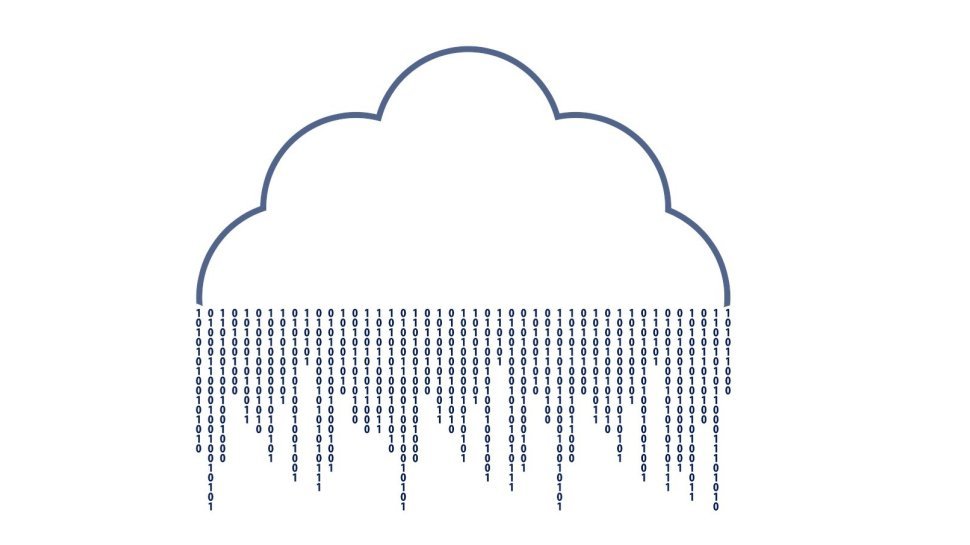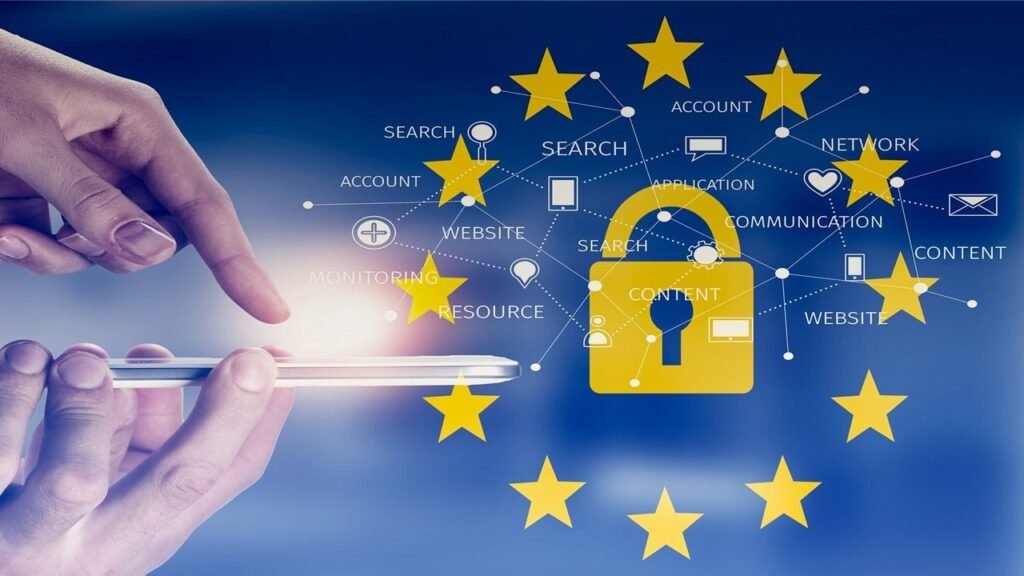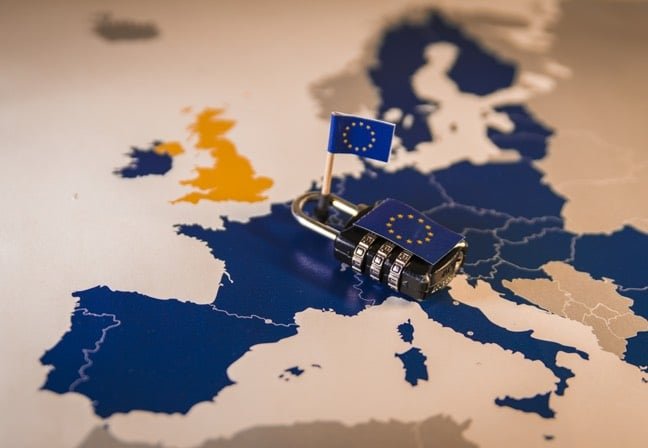The evolution of disaster recovery

As the turn of the year rears its head once again, it’s time to look at what’s set to change in the business continuity and disaster recovery (BCDR) industry over the next 12 months.
In 2020, we’ll see the market shift with technologies like AI and blockchain becoming more mainstream. IT service management will also find environments will continue to grow in complexity, more companies and countries will adopt cloud-first mandates and vendors will turn their attention to simplifying the migration of applications to the cloud.
Here’s how we see the year panning out:
About the author
Mick Bradley is VP EMEA Sales at Arcserve.
Emerging technologies that will shape the BCDR landscape
Investments from international brands such as FedEx and Walmart in 2019 are an indication that blockchain is being taken seriously as a means of achieving greater transparency and auditability. Facebook also announced its intention to launch its blockchain-based cryptocurrency in June, sparking widespread debate. As more big names funnel resources into blockchain-related R&D, we’ll see a greater number of real-world and enterprise applications of the technology in active use.
However, claims that the technology is immune to compromise, and corruption should be taken with a pinch of salt. As more organisations adopt blockchain, we’ll see an increase in data loss as many will believe that it’s inherently secure and not consider the varying levels of security and access control that comes with the technology. Without incorporating this factor into a BCDR plan, will leave organisations vulnerable to attacks and threats.
Greater focus on data management and governance
Organisations will also call for more than just the ability to store, process and keep data available in 2020. There will be an increase in data classification—the process of organising data by categor
Be the first to write a comment.


